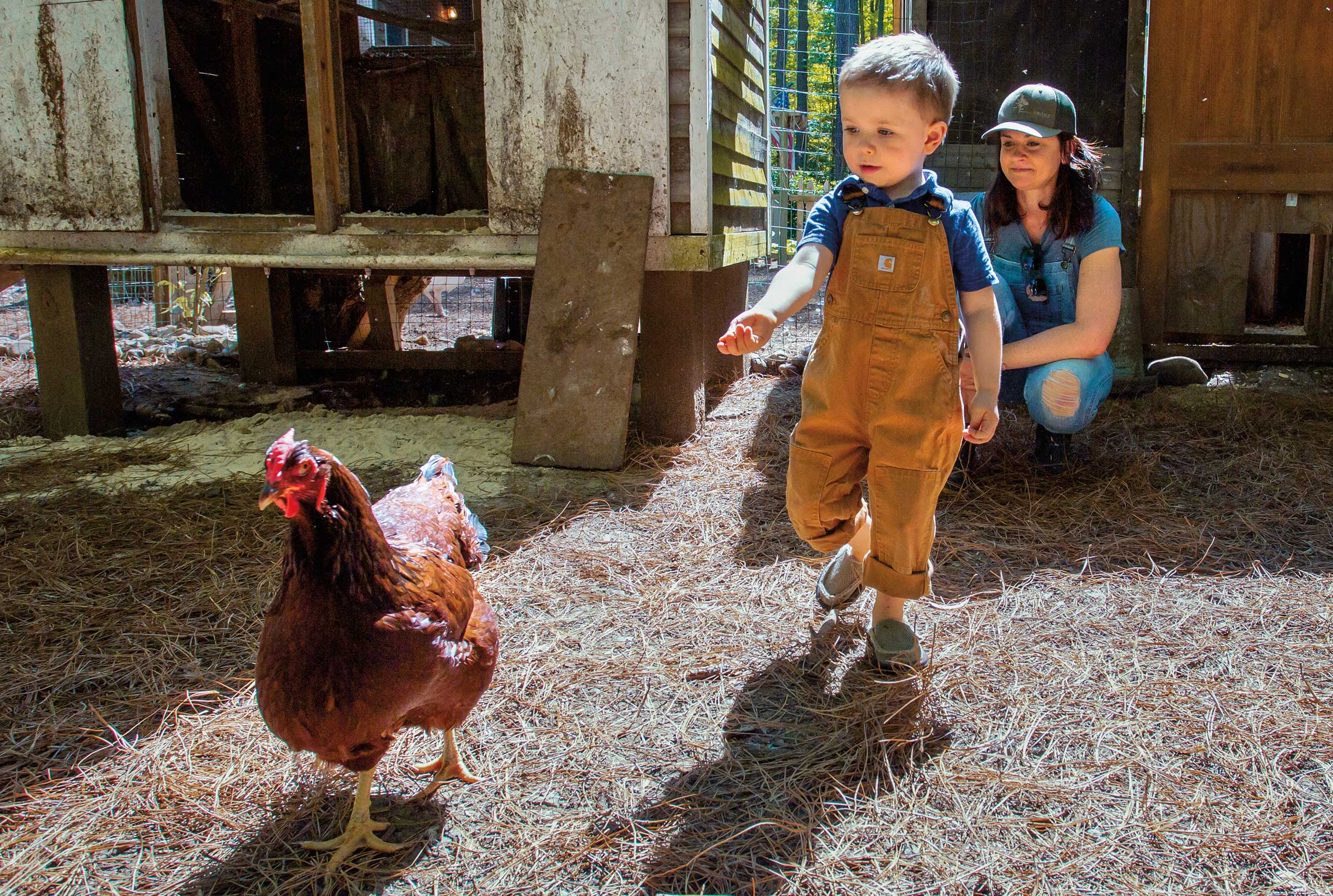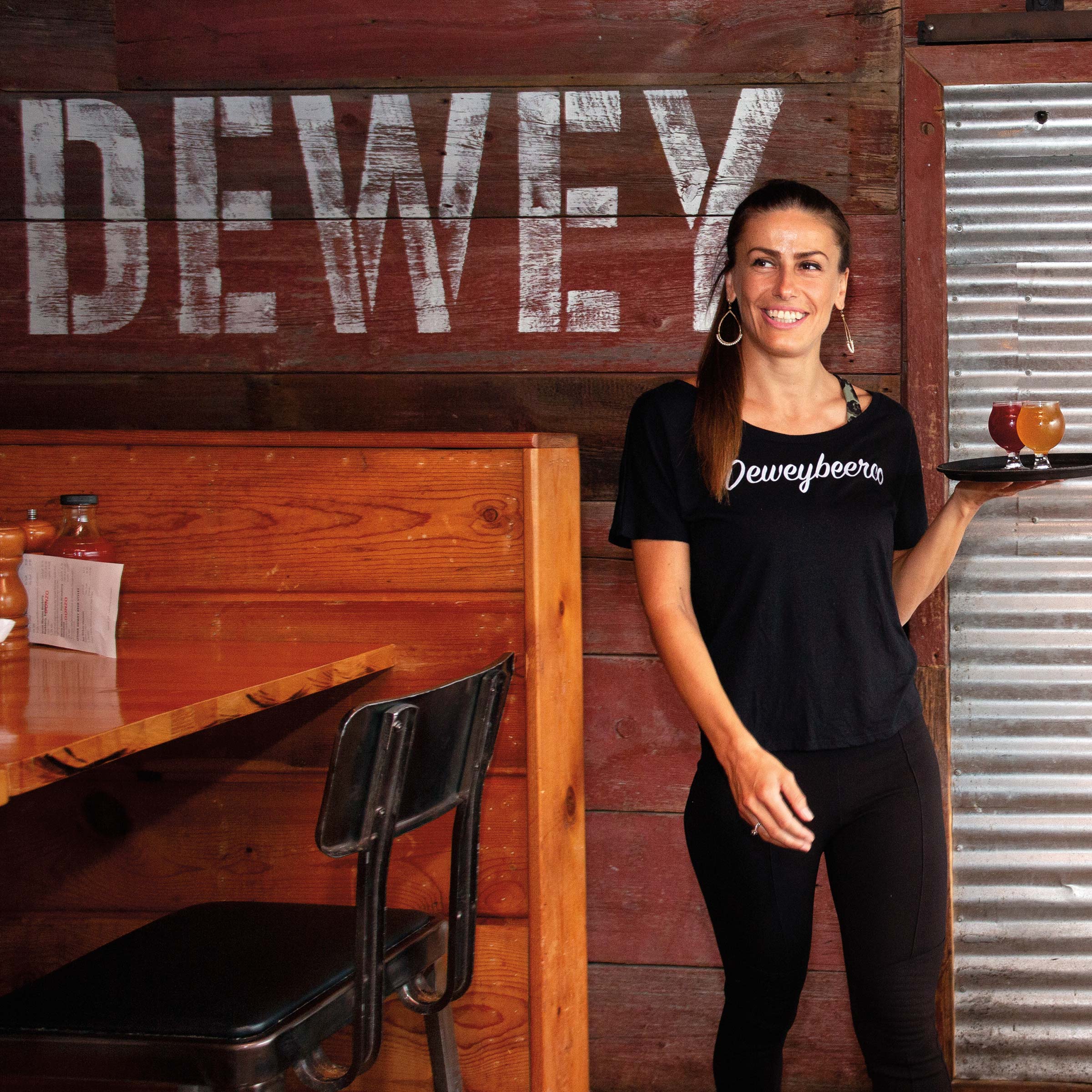Our Friend Flicka
- Details
- Written by Alissa Rosenstein
When your husband acquires a boat, be prepared to go along for the ride
By Jeanne Shook | Photographs by Carolyn Watson
From the August 2020 issue

“A guy walks into a bar …” and walks out with a boat. A not-so-funny punch line, but a true story.
In August 2019, over lunch and a few beers at a local pub, my husband, Dave, and his friend Tom Beall were discussing sailing. Dave, a Coast Guard veteran and former volunteer crew member on Delaware’s replica of the tall ship Kalmar Nyckel, had just competed in his first Cape-to-Cape race the day before, so sailing and boats dominated the conversation.
Long before the two friends discovered their mutual interest in sailing, however, they shared a common bond through tennis. Dave, a retired Lehigh University tennis coach, and Tom, an Atlantic Coast Conference tennis champion on the University of Maryland’s 1956 tennis team, met seven years ago on the clay courts at Rehoboth Beach Country Club.
Chick-a-Boom
- Details
- Written by Alissa Rosenstein
Backyard flocks are flourishing in coastal Sussex, giving eggs and comfort
By Lynn R. Parks | Photographs by Carolyn Watson
From the July 2020 issue

When Joanne Guilfoil was a child, she and her siblings were given three Leghorn chicks by their grandfather. Her mom and dad built a small chicken house in their yard in Westchester County, N.Y., and there the Leghorns, all roosters, stayed.
Until, that is, they were old enough to crow. The racket was too much and the birds were slaughtered. “I think that my mother used them in a curry,” Guilfoil says.
A story like that, tragic as it was for the innocent roosters, could dampen any interest in raising backyard chickens. But for Guilfoil, it was only the beginning. Following the Leghorn incident, her family got Plymouth Rock chickens, this time hens, a flock of which they kept through Guilfoil’s years growing up. And ever since, except her time as an undergraduate at the University of Kentucky, she has had chickens.
Now a Roxana-area resident, Guilfoil has a flock of 14 — 13 hens and one rooster. The birds are mixed-breeds except for two golden Sebrights. Those Sebrights are small (bantams) and lay eggs “the size of ping-pong balls,” Guilfoil says. “You need to eat around three of them to say that you had an egg for breakfast.”
A Long Way From Home
- Details
- Written by Alissa Rosenstein
In ‘normal’ years, overseas guest workers flood beach resorts in summer, drawing comfort and support from an army of volunteers
By Chris Beakey | Photographs by Carolyn Watson
From the June 2020 issue

Editor’s note: As a result of the coronavirus pandemic, coastal Delaware business owners expect to employ far fewer exchange visitors in 2020. Reporting for this article took place during the summer of 2019, giving a view of the guest worker experience in a typical year.
It’s 5:25 on a Tuesday evening in June 2019, a happy yet nervous time for a dozen or so volunteers in the dining hall at Rehoboth’s Epworth United Methodist Church. After two hours of preparing sandwiches, salads and desserts, they can only hope their upcoming dinner will be a proper welcome for hundreds of young people from around the world who will be working in area beach communities in the coming months.
At 5:30, when she can no longer stand still, Rehoboth-area resident Fabiola Ciliberti steps into the lobby, where the glass doors reveal exactly what she’s hoping to see: a stream of young men and women bicycling toward the church. Moments later she resumes her position at the entrance to the dining hall and beside the three-piece band, a perfect spot for watching surprised smiles as the guests step into the room.



